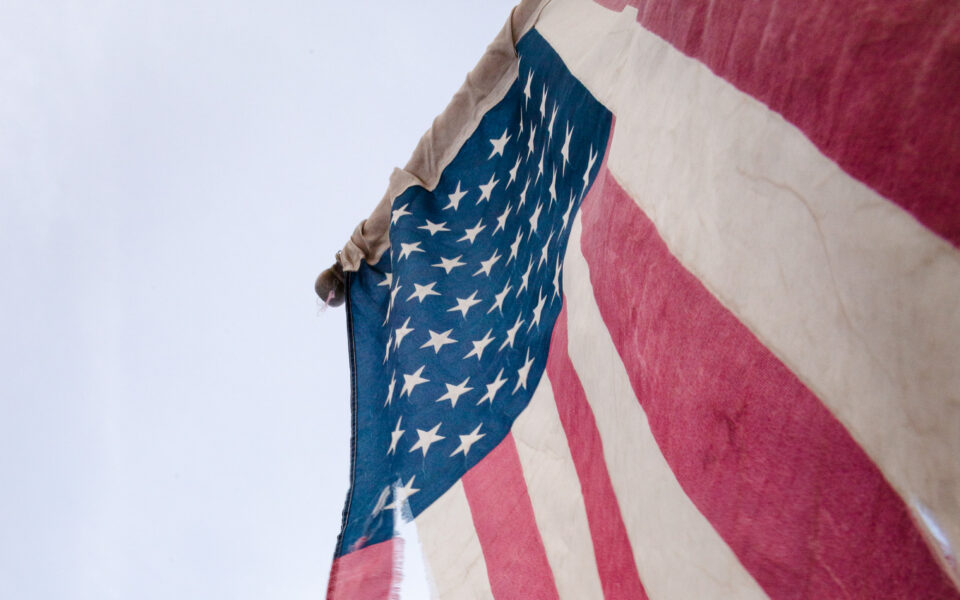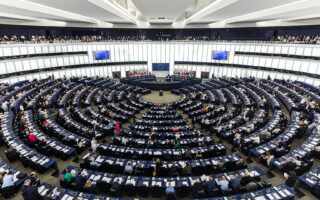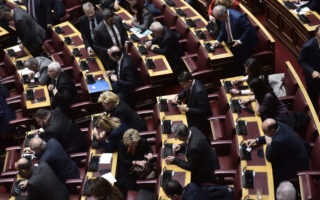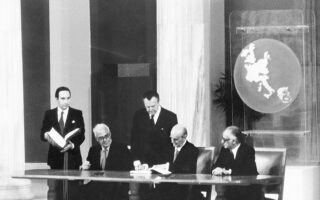At the dawn of uncertainty

The wars in Ukraine and Gaza most likely mark the end of the system of global government instituted after World War II. However dysfunctional the UN Security Council was from the start, it had not been undermined to the level that it is today. Of its five permanent members, the United States, Britain and France are on one side (the “West”), while Russia and China are part of the eclectic BRICS group, now also part of the “Global South.” Other major countries – among them India, Japan and Germany, with their powerful economies – are excluded from the core of the international power structure. The problem is not so much that the global architecture shaped by the winners of WWII does not represent today’s political dynamics, as that it is does not work. With the permanent members’ veto, the Security Council cannot safeguard peace. Nor can it restore it.
The United States and Russia are most unlikely to agree on anything while Vladimir Putin remains in power and the war in Ukraine burns on with no end in sight. China has proven that it prefers a weakened United States to cooperating with it to pursue stability. In this way, Russia can withstand Western sanctions and its losses in the war. And as long as Russia endures, as long as Israel continues to destroy Gaza, the United States and their allies are weakened. The already evident degradation of US stature and influence is a decisive factor of the instability that the two wars embody. As long as America does not appear to have the necessary weight to shape developments as it wills, as long as the enemies of today’s system gain strength and self-confidence, the voices calling for overturning or modernizing the old order will grow stronger.
This does not necessarily mean transition to a world with new organizations and other leadership groups shaping peoples’ fate. The United Nations will continue to exist, more as an arena for verbal conflict rather than as a space for finding solutions to conflict. Most likely the division between rival blocs will intensify, with various countries trying to play both sides (like Erdogan’s Turkey). In this world, each country’s priority will be to survive by securing powerful allies and weakening its rivals. This will hinder even further the cooperation needed to solve major challenges such as the climate crisis, mass migration, the increasing rivalry between states, and polarization between groups within countries.
Today there is no equivalent to the United States of 1945, a country so powerful that, after the greatest slaughter in history, it could shape the international order pretty much as it wished and achieve such prosperity at home (albeit not for all citizens) that even its rivals envied the quality of life of its people. Today we are seeing America’s decline. Not so much as a military and economic superpower (as it remains dominant in these fields), but as the idea of a country that is the ideal of the rest of the world. We see an America that is not what it was – neither at home nor abroad. And so, in the era’s conflicting winds, each country must try to keep alive the flame of its identity, its idea of what it wants. And it needs to know which domestic strengths and which friendships will help achieve this.





